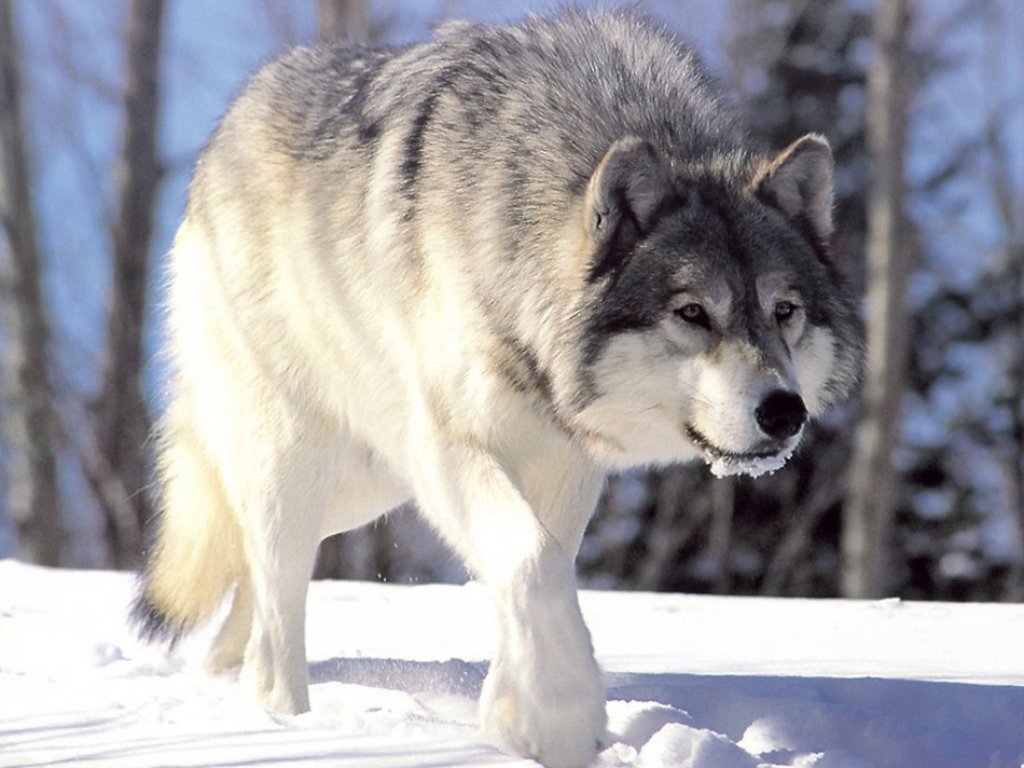Learn to love the gray wolfGuest Commentary
By Sheena MooreI thought wolves were terrible creatures from the stories shared while growing up, such as Little Red Riding Hood and legends of werewolves, which date back centuries. Werewolf trials in Europe, initiated by the Church, also contributed to the myths that demonize the gray wolf today. None was more famous than the trial of German Peter Stumpp in 1590. On a torture device, he admitted to murdering and eating children and confessed to practicing black magic, which caused him to be like a wolf. In addition to folklore having provoked fear of wolves, many places in Europe attempted hunting the wolf to extinction, mainly due to the species’ depredating of livestock, which is a concern today. By the 1500s, all the wolves had been killed in England.
Europeans brought their fear of the wolf to the New World, and for the following 350-plus years, eradicated nearly all of them moving east to west. The last gray wolf in Oregon was killed in 1946 after decades of bounty hunting, poisoning and trapping.
In contrast, some Native Americans tribes have a very different relationship with wolves. The wolf is largely depicted as an admirable hunter. Inupiat Alaskan historically performed a wolf dance to appreciate the sacrifice and celebrate the rebirth of animals they feasted on. Nez Perce Tribe members consider the gray wolf to be their equal, struggling to survive in similar ways. The symbol of the wolf was so significant among the tribe that they partnered with the U.S. Fish and Wildlife Service to help restore wolf populations in the 1990s.Comment: The groups' differing views of wolves are a subset of their differing views of nature. The basic difference is clear. Euro-Americans want to
dominate or conquer nature, while Natives prefer to live in harmony with it. Despite the many exceptions to this rule, it's generally true.
For more on the subject, see
Dennis Prager and The Ecological Indian,
Ecological Indian Talk, and
Hercules vs. Coyote: Native and Euro-American Beliefs.
Below: Hunt it to extinction, or honor it?



No comments:
Post a Comment